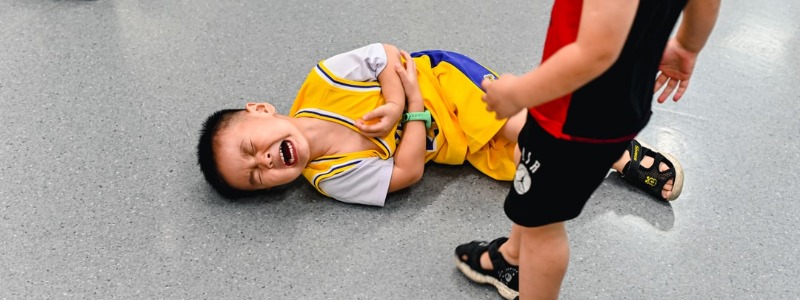Liability for Injuries During Recreational Activities
Contents
Have you been injured while participating in a recreational activity, like running, hiking, biking, or attending a festival or concert?
It’s not always easy to sue someone if you’re injured in the process of a recreational activity. This isn’t to say that gyms, resorts, schools, and sporting goods manufacturers don’t have a responsibility to provide you with safe equipment. They must also take precautions to see that you don’t get hurt. However, liability regarding recreational activities isn’t always as clear-cut as other types of personal injury lawsuits, even when you’re seriously hurt and suffer a head, neck or spine injury.
When you sign up with a gym, you will be asked to sign a contract, agreeing to fees and rules. Most gym contracts include language stating that you’re using their equipment and working out at your own risk. If your contract includes wording to this effect, you may not be able to sue the gym if you’re hurt.
Recreational Activity Injuries
Recreational activity providers or the equipment required for those activities, has a responsibility to provide the safest possible conditions for customers participating in their activities, and if negligence is found on their part, you may be able to seek compensation for your injuries.
- Ankle & Foot Injuries
- Hand & Arm Injury
- Shoulder Injuries
- Fractures & Broken Bones
- Knee Injuries
- Spinal Cord Injury or Paralysis
Schools May Have Limited Liability
Personal injury lawsuits related to school sports injuries can be problematic. If injury occurs because the equipment is faulty, such as football helmets, protective padding, or face guards, you could sue the manufacturer, but the school itself may not have any legal liability for this. For example, a student might suffer a concussion because of a manufacturing flaw in a helmet. The law does not regard this as the school’s fault. Schools are typically required to provide only supervision and knowledgeable instruction to students involved in sporting activities. As long as coaches and teachers do these things, it may be difficult to prove negligence or liability.
Theme Parks May Fight Back
If you’re hurt while at a theme park or amusement park, your odds of a successful lawsuit may depend on whether you can prove that some mechanical defect caused your injury. If you slip and fall, the park will probably allege that you were careless, just as a retail store would. Theme parks also defend a little harder against personal injury lawsuits, because they host millions of visitors yearly. If millions of people believe it’s easy to sue parks and win, the parks might be overwhelmed with personal injury lawsuits. Because of this, theme park accidents are often settled out of court. The awards are usually not made public, because publicity might entice others to sue.
Resorts Must Post Warnings
Resorts have more of an obligation to take steps to keep visitors safe. When you visit a resort, you might use their ski equipment, helmets for horseback riding, or canoes. Resorts are responsible for keeping this equipment in good working order. Resorts should also post clear warnings when conditions are unsafe for you to engage in a certain activity, like when there is avalanche, rockslide, or lightning danger. When resorts fail to do these things, they might be liable for your injuries.
A Personal Injury Lawyer Can Help
The law surrounding personal injury and recreational activities is complicated. Plus, the facts of each case are unique. This article provides a brief, general introduction to the topic. For more detailed, specific information, please contact a personal injury lawyer.

